Restorative Justice Case Management
RJ4All accepts referrals for restorative justice cases. We work with individuals, families, groups, harmed and harming parties, and can intervene at any stage in and beyond the criminal justice system. There is no requirement for a case or reported crime. We can support a wide range of cases from family conflicts, neighbour disputes, anti-social behaviour, criminal cases including violence, domestic abuse, hate crime. RJ4All accepts referrals in England and Wales and we work across all ages and especially with young people.
What qualifies as a case for restorative justice
We accept referrals for a wide range of cases. This includes any event or situation, where individuals believe they have been harmed or may have caused harm. This includes:
- Family conflicts
- Neighbour disputes
- Anti-Social Behaviour
- Criminal cases including violence, domestic abuse, hate crime.
To qualify, we expect the person who is being referred to have consented to take part in our programmes. We work across all age groups including young people.
RJ4All accepts referrals for:
- Direct interventions (mediation, Family Group Conferencing, circles)
- Indirect interventions (letters, virtual meetings)
- Rehabilitation and restitution work.
Please note we do not routinely accept referrals involving sexual offences or offences against children. If you are not sure regarding suitability, do email us at
referral@RJ4All.org.
Who can refer to us and how
Anyone can refer to us. We accept:
- Self-referrals – If you feel you have been part of an event that caused harm either to yourself or to another, you can submit a referral to us:
- If there is a case / reported crime: You can ask the agencies in charge of your case to make the referral for you on our form (they have an obligation to do so if requested) – This can be your probation officer, police, etc.
- If there is no case / reported crime: Please fill out our referral form.
- Standard referrals – Agencies from within the criminal justice system can submit a referral. This includes court, Crown Prosecution Service, HM Prison Services, Probation Services, This can be at any point during the process (before or after a crime is reported), before and after a case went through court, and before or after an individual went to prison.
- Third-party referrals - Organisations outside of the criminal justice system can also make referrals (GP, health staff, support services), as well as family or friends.
When can a referral be made
Referrals can be made at any point in time. This can be:
- Before or after a crime is reported
- Before and after a case goes through court
- Before or after an individual went to prison.
There is no limit in time after an event has occurred to deliver restorative justice. Even 20 or 50 years later!
What are our goals
We work with individuals, families, groups, victims and users with a focus on:
- Restoring harm
- Empowering them to recover/ rehabilitate and rejoin their respective communities
- Transforming from within and build resilience against future risks
- Developing skills, knowledge and confidence through high quality volunteering opportunities, office-based internships, participation in equality programmes including community cohesion projects, sports and watersports, community support such as Food Bank, our mental health helpline
- Healing and re-integrating.
How to refer
Please complete the form below as thoroughly as possible. Where information is unknown or not applicable, please write NK or NA. For information on how we process and secure data please refer to our Data Protection and Privacy Policies.
Our Restorative Justice Approach
We understand restorative justice as an ethos with practical goals, among which is to restore harm by including affected parties in a (direct or indirect) encounter and a process of understanding through voluntary and honest dialogue. Restorative justice adopts a fresh approach to conflicts and their control, retaining at the same time certain rehabilitative goals" (Gavrielides 2007: 139).
We have a positive approach to rehabilitation meaning that we apply the Good Lives Model by seeing the talent in every individual vs managing their risk (vs Risk Need Responsivity Model). We have a holistic approach when applying restorative justice which includes direct restorative justice practices (in the form of mediation, family group conferencing (FGG) and circles), employment, education, mental health support, training and 1-1 mentoring.
We apply the values and ethos of restorative justice including power sharing, equality, dignity and respect. Therefore, we see all our projects and interventions as voluntary and thus we expect the person that is being referred to have consented to take part in our programmes.
For further information, or to discuss a potential referral including costs, please contact Dr. Theo Gavrielides via email: referral@rj4all.org

Suitability is assessed in the first instance by RJ4All Director and then by Restorative Justice Facilitators upon separately meeting with the affected parties.
The main criterion for suitability is that the person who is being referred should have consented to take part in our restorative justice programmes.
Please note we do not routinely accept referrals involving sexual offences or offences against children.

Risk assessment is a continuous process undertaken to ensure the safety of all participants. This may lead to a change to the chosen process/ project in the light of new information and circumstances.

The confidentiality of all involved is protected. Information is only shared in the instance that permission has been given to do so. Please refer to our confidentiality and disclosement agreement.
Restorative Justice for All International Institute (RJ4All)
The RJ4All Rotherhithe Community Centre, 30 Plough Way London SE16 2LJ, UK
admin@rj4all.org | +44(0)7708758600 or 07795678904
